
This is part two of Rising Seed Stars of 2025.
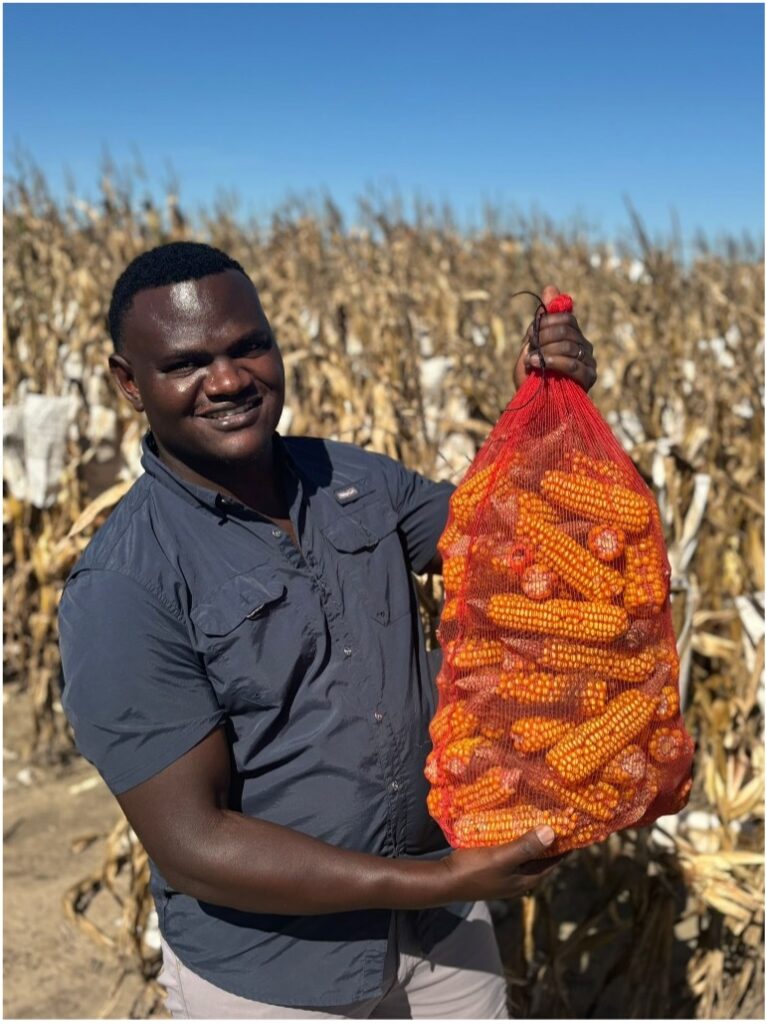
Christopher Mujjabi – University of Illinois
Mujjabi, a Ph.D. student, is redefining organic maize breeding. His research integrates speed-breeding, genomic selection, and off-season nurseries to create high-performing cultivars tailored for organic systems. Mujjabi’s participatory breeding efforts have expanded the diversity of the Illinois Elite Maize Association Mapping Panel, incorporating genetic resources from East Africa and South America. Trials in Iowa and Illinois have shown promising results, capturing the attention of organic seed companies.
Beyond his scientific contributions, Mujjabi is a mentor for underrepresented students, organizes internships for international participants, and leads initiatives to inspire agricultural careers. His work advances organic farming while fostering inclusivity and community impact.
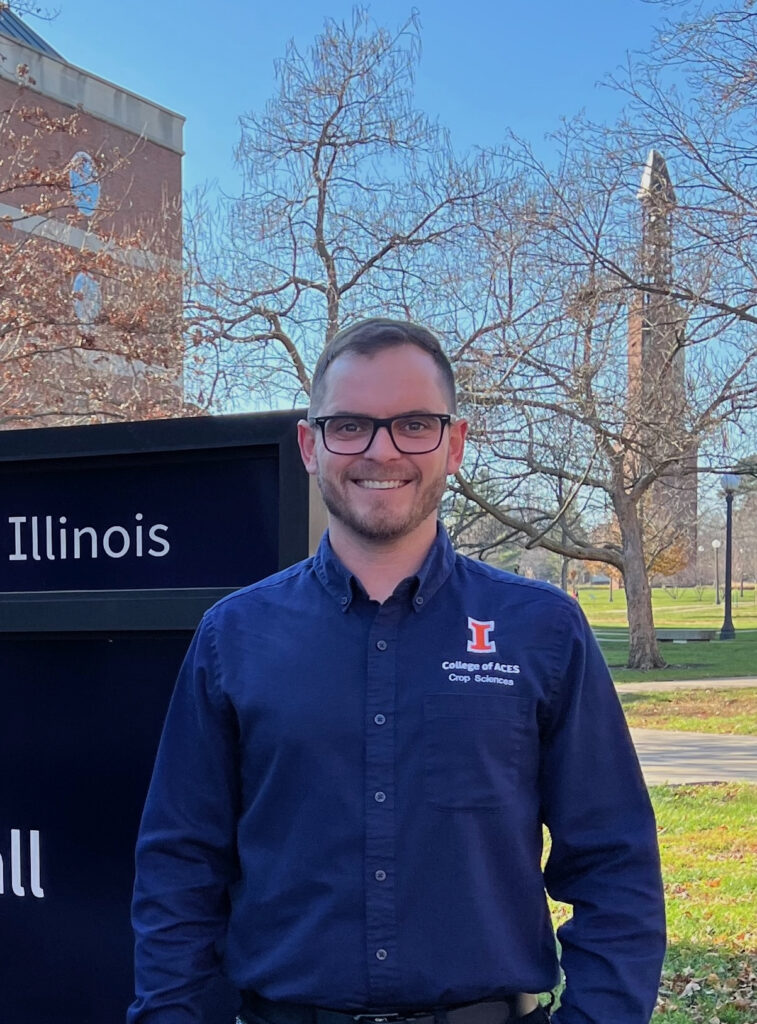
Lucas Berger Munaro – University of Illinois Urbana-Champaign
Berger Munaro, a Ph.D. candidate, is advancing wheat breeding with innovative approaches to improve sustainability and profitability for farmers. Recognized as a 2024 NAPB Borlaug Scholar, he has evaluated two decades of multi-environment data to identify genetic gain trends and deployed drones to analyze thousands of breeding cultivars using high-throughput phenotyping techniques.
With extensive experience in plant breeding across academia and industry, Berger Munaro has co-invented five wheat varieties released in 2022 and served as president of the Crop Science Graduate Student Organization. His dedication to quantitative genetics, data analysis and leadership positions him as a future leader in sustainable agriculture and plant breeding science.
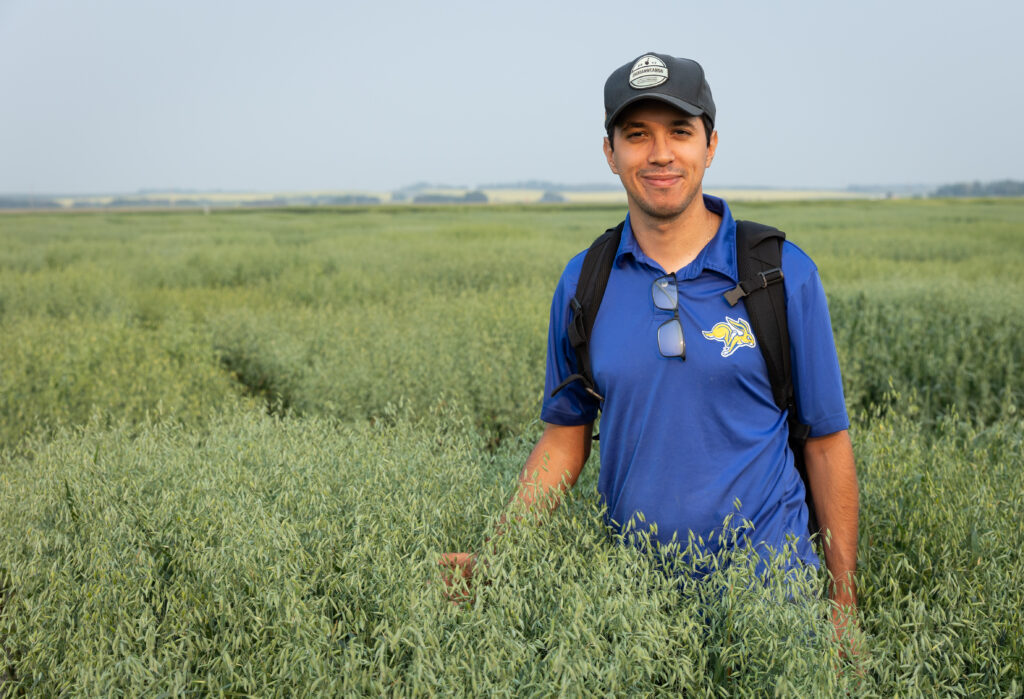
Guilherme Oliveira – South Dakota State University
Guilherme Oliveira, a Ph.D. student in plant breeding, is advancing oat breeding through innovative genomic selection strategies. Building on his master’s research in oat breeding in Brazil, he is investigating genome-wide association peaks for yield-related traits like heading date, plant height, and crown rust resistance. His work integrates these insights into genomic prediction models to enhance yield selection while balancing agronomic traits like early maturity and short plant height.
A dedicated and productive researcher, Oliveira contributes to all aspects of SDSU’s oat breeding program, from fieldwork and milling quality evaluation to drone imagery analysis. He has drafted two manuscripts for publication and actively supports team projects, earning praise for his hard work and collaboration. His passion and innovative research position him as a future leader in plant breeding and cultivar development.
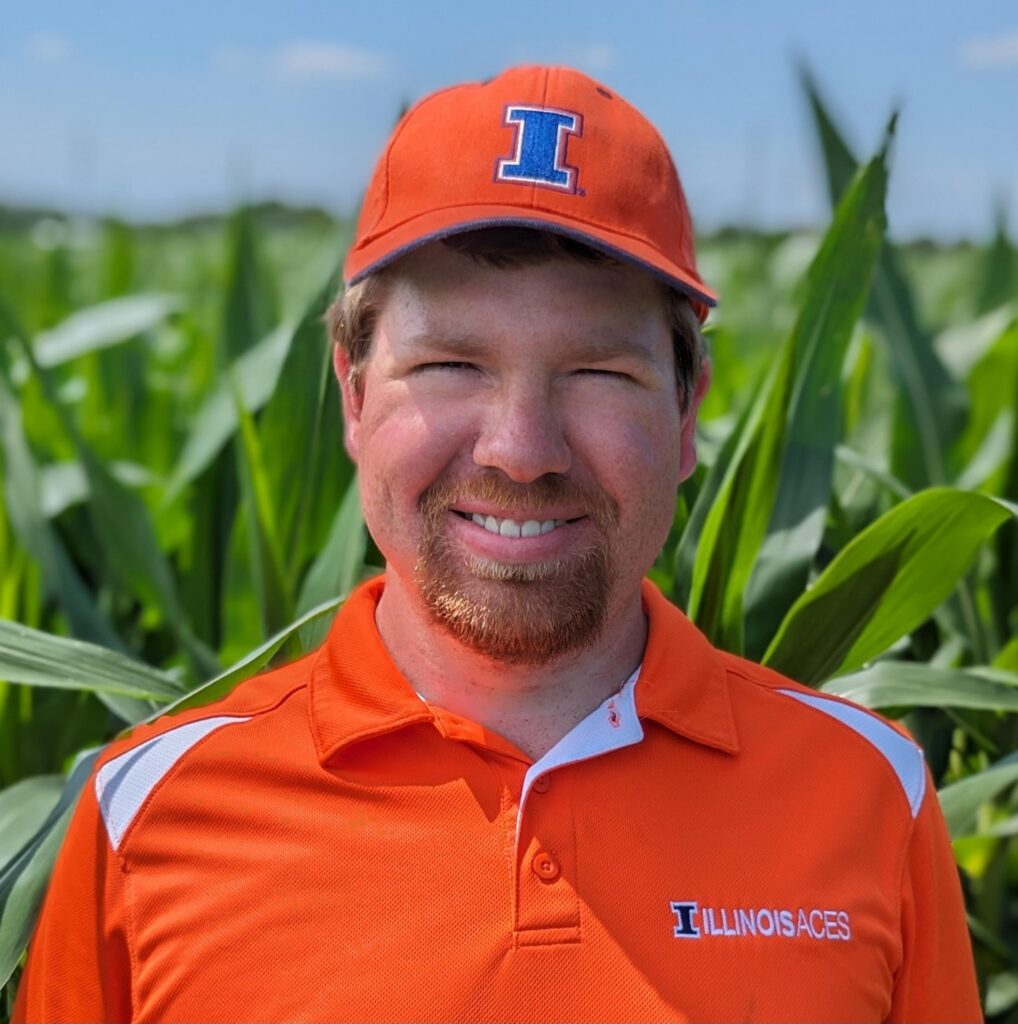
Matthew Runyon – University of Illinois
Runyon, a fifth-year Ph.D. candidate in plant breeding and genetics is making strides in maize research. Hailing from Noble, Illinois, his innovative work focuses on optimizing canopy architecture by altering leaf area and enhancing carbon partitioning traits to improve agronomic performance under intensive management. With a strong commitment to bridging fundamental biology and practical applications, Runyon’s research tackles real-world agricultural challenges with cutting-edge solutions.
Recognized for his excellence as a student and researcher, Runyon has received numerous state and national awards for his accomplishments. His passion for crop improvement and determination to push the boundaries of plant science make him a standout in the field of crop sciences.
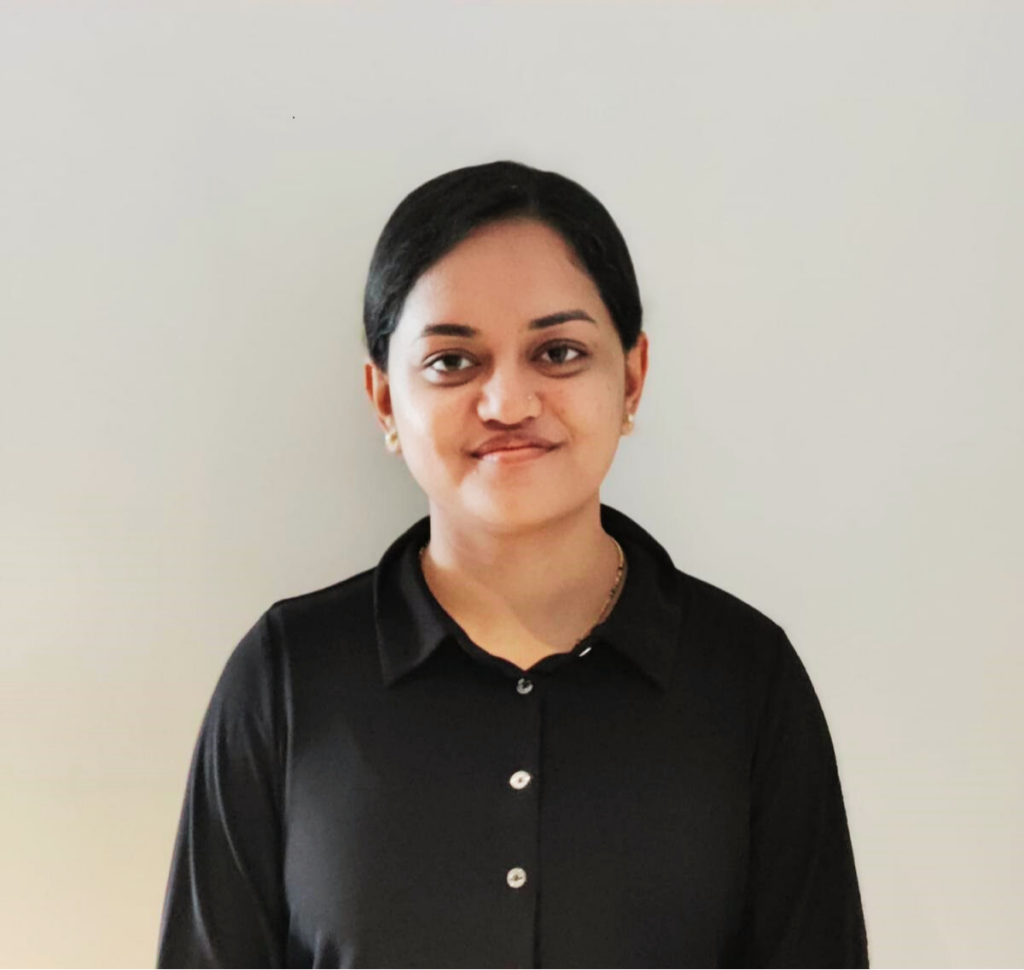
Ashwini Shivakumar – University of Kentucky
Shivakumar, a Ph.D. student in integrated plant and soil science, is advancing the understanding of soybean seed development. Her research explores how genetics, environment and physiology influence soybean seed size, with a focus on the critical lag phase. Using greenhouse, growth chamber and field studies, along with transcriptomic analyses, she has identified key genes and pathways linked to early seed development and size variation.
Shivakumar has earned accolades including the prestigious Netaji Subhas ICAR International Fellowship and the Dennis M. Tekrony Graduate Student Fellowship in Seed Biology. She has presented her work at leading conferences and excels in leadership and mentorship, supervising seven undergraduate students and mastering techniques like microscopy, seed vigor testing and soybean transformation.
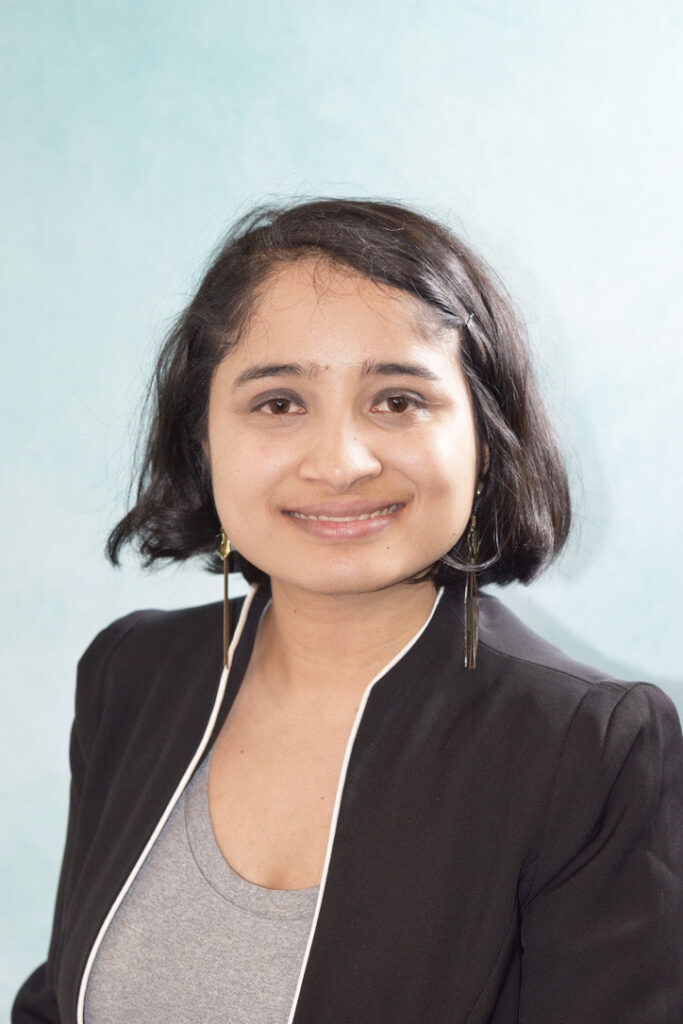
Raksha Thapa – Cornell University
Thapa, a Ph.D. student in plant breeding, is an innovative plant breeder, evidenced through her initiative, curiosity and leadership. With a master’s degree in plant science from the University of Wyoming and a bachelor’s in agriculture from Nepal’s Agriculture and Forestry University, she has contributed to multiple successful grant proposals, including a USDA NIFA Equipment Grant for a low-temperature growth chamber to support her research. She is a dedicated mentor and has held leadership roles in Synapsis, Cornell’s plant breeding graduate student organization.
Her research focuses on breeding cover crops for winter hardiness. She is conducting multi-environment trials, genome-wide association studies, and selection projects on winter peas and cereal rye to improve survival and biomass under cold conditions. Her work supports sustainable agriculture by advancing the potential of cover crops to thrive in challenging climates. Her passion, leadership and impactful research make her a standout in plant breeding.
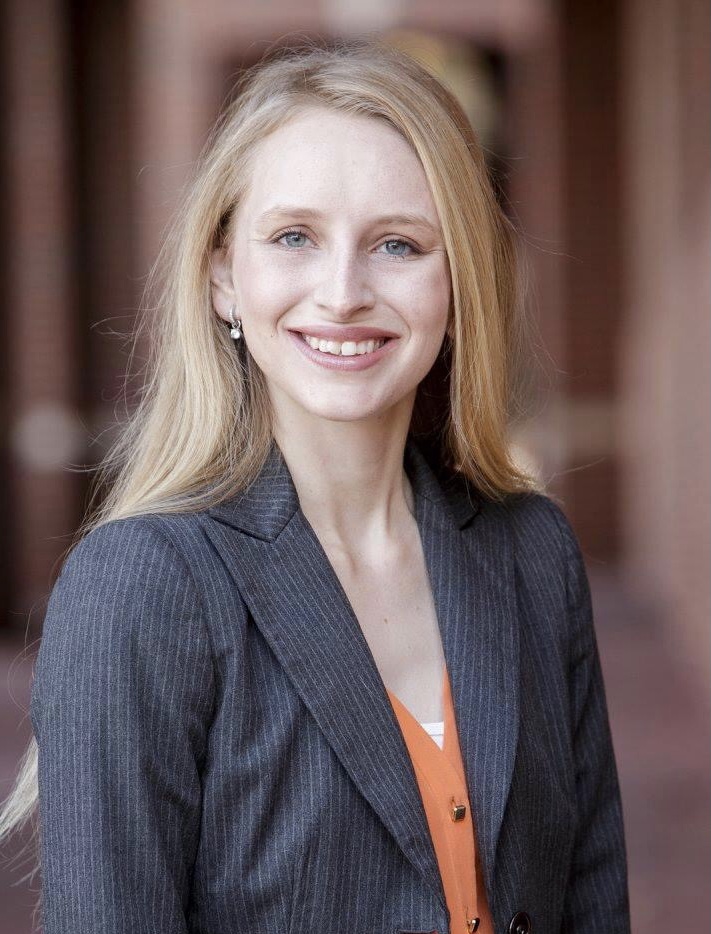
Liza Van der Laan – Iowa State University
Van der Laan, a Ph.D. candidate in plant breeding, is a dynamic leader and researcher advancing agricultural sciences. With a foundation in wheat breeding at Oklahoma State University, where she published as a first author, her current work focuses on enhancing soybean climate resiliency and seed composition. Her prolific research includes seven published articles, along with co-authored book chapters and review papers. Recognized for her expertise, she was a featured speaker at the 2023 World Soybean Research Conference.
Her leadership shines as a co-instructor for plant breeding courses and president of the R.F. Baker Plant Breeding Symposium. A dedicated mentor, she guides undergraduates in programs like the McNair Scholars and leads professional development workshops. Actively engaging with farmers and K-12 students through outreach, she combines her research, teaching, and leadership to advance agricultural sciences and inspire the next generation.
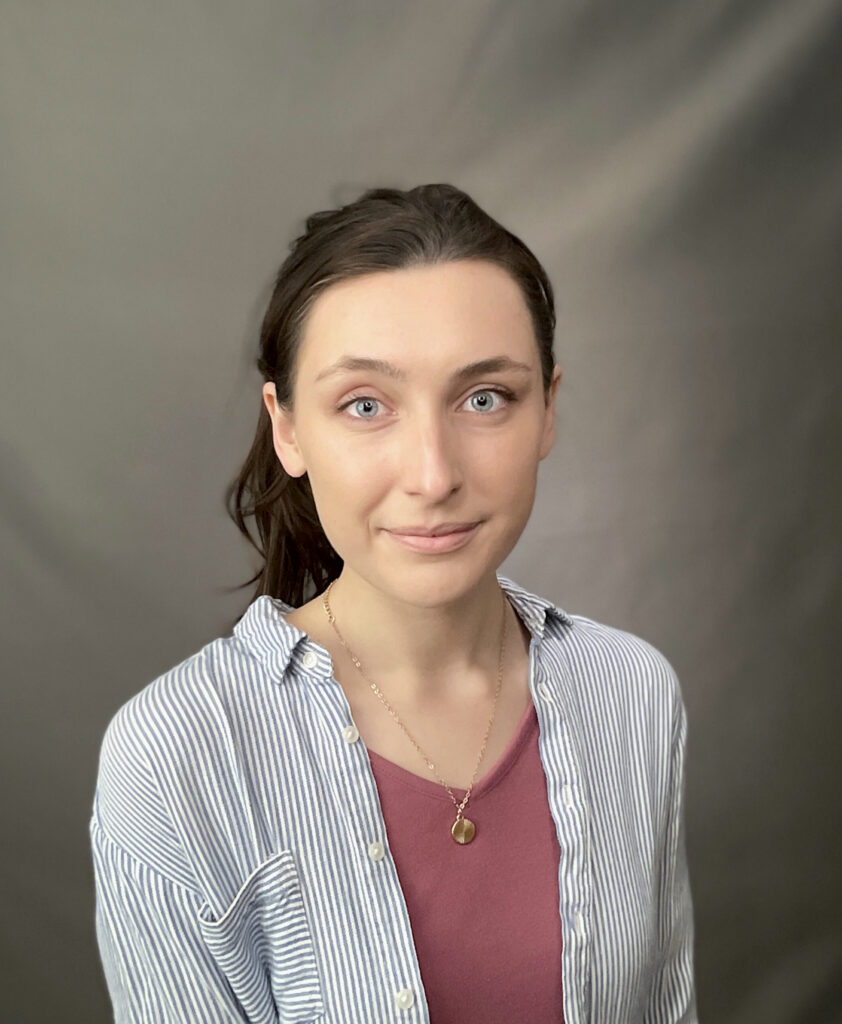
Seren St. Clair Villwock – Cornell University
St. Clair Villwock, a Ph.D. candidate, integrates quantitative genetics and molecular biology to enhance crop nutritional and medicinal traits. Her work includes leading field trials in Nigeria with the NextGen Cassava Breeding Project and mentoring peers as co-president of Cornell’s Synapsis Plant Breeding Graduate Organization.
A 2024 NAPB Borlaug Scholar and USDA NIFA predoctoral fellow, she is deeply committed to equitable plant breeding practices. She has also implemented agricultural training programs for former child soldiers in Uganda through the Davis Projects for Peace. Her expertise and passion for plant genetics position her as a rising leader in agricultural research.
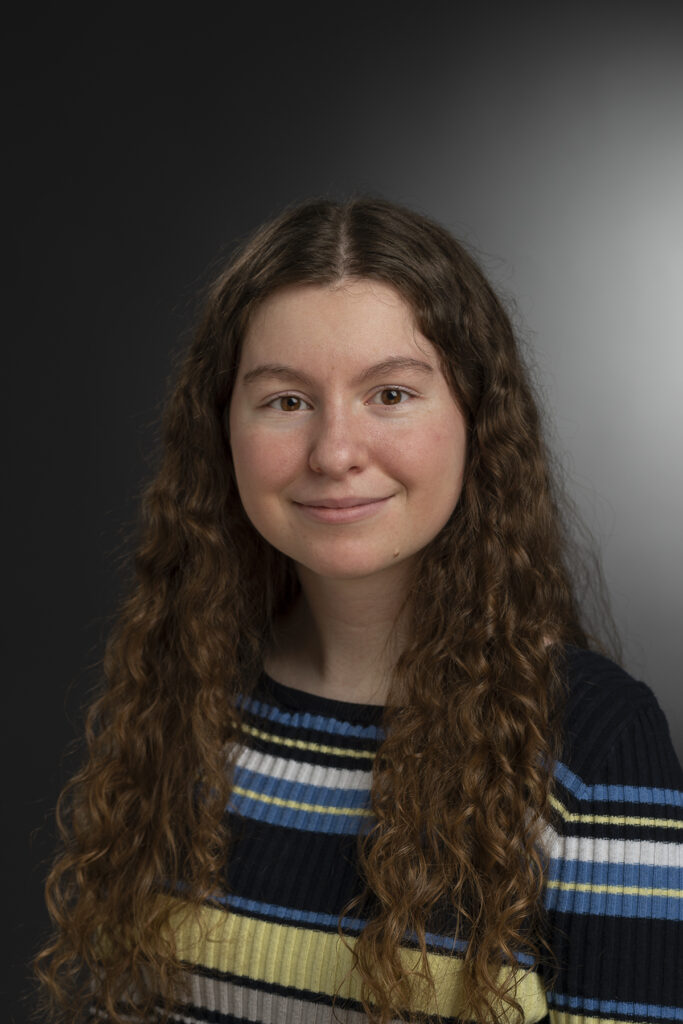
Emalee Wrightstone – Cornell University
Wrightstone, a Ph.D. candidate in plant breeding and genetics, is making significant contributions to crop biofortification research. Her projects focus on uncovering genetic regulators of carotenoid metabolism to improve nutritional quality in crops. She has mapped genes influencing fruit flesh color in melon and bicolor peel in Cucurbita maxima, while employing cutting-edge techniques like proximity labeling to identify novel proteins in carotenoid biosynthesis.
Recognized for her research excellence, she has earned accolades such as the International Carotenoid Society presentation award and an invitation to the Georgina Gosnell Seminar series. Beyond research, she leads as chair of the Plant Breeding Handbook Committee and holds key roles in Synapsis, Cornell’s graduate student association. Her passion for plant genetics and community engagement positions her as a future leader.
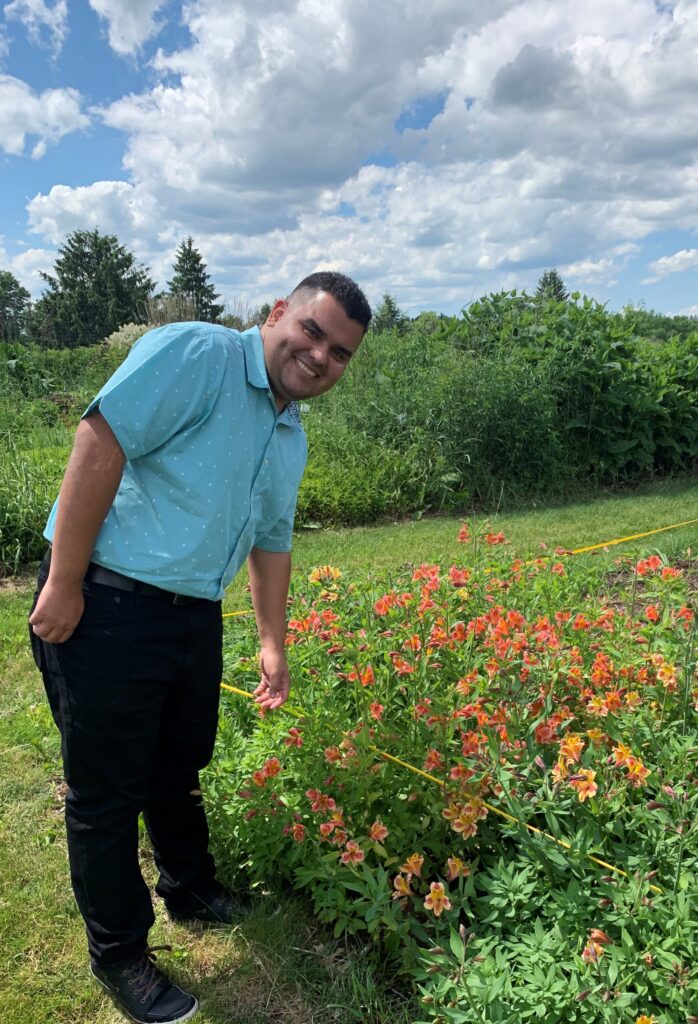
Victor Zayas – Cornell University
Zayas, a Ph.D. candidate in plant breeding, is leading critical research to combat Impatiens Downy Mildew (IDM), a fungal disease that has devastated the impatiens market. His work focuses on breeding IDM-resistant Impatiens walleriana through traditional breeding and in vitro techniques, resulting in interspecific hybrids that could revive the popularity of this key crop. His contributions are documented in a forthcoming publication in Acta Horticulturae.
As manager for the Plant Tissue Culture and Micropropagation Laboratory, he co-authored papers on hemp micropropagation and has been recognized for his excellence in teaching with Cornell’s Outstanding Graduate Teaching Assistant Award. He has persevered through challenges like the pandemic and is dedicated to supporting peers and students.
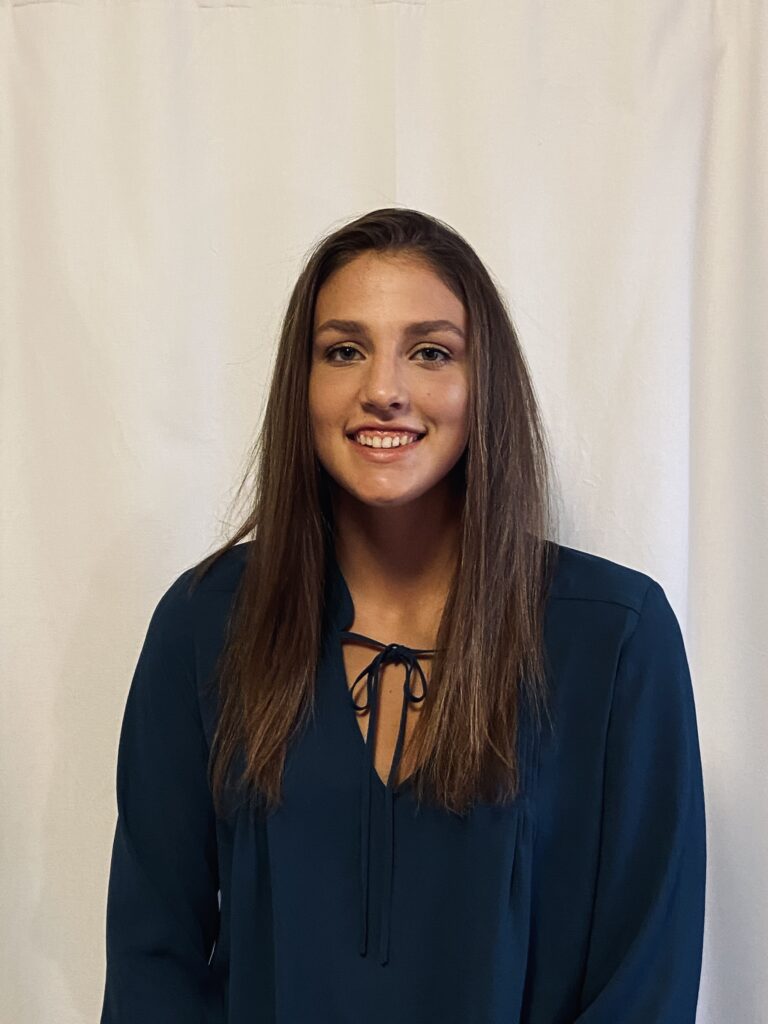
Melinda Zubrod – Washington State University
Zubrod is advancing winter wheat breeding by integrating multispectral data to improve selection processes. Her research focuses on quantifying herbicide tolerance using multispectral sensors, specifically analyzing crop responses to metribuzin and quizalofop. Her work aims to standardize herbicide injury evaluation, enabling breeders to make more informed decisions while supporting sustainable wheat production and weed management strategies.
In her first year, she presented at a national plant phenotyping meeting — a rare honor for a new graduate student — and is already drafting manuscripts for publication. She contributes as a mentor to undergraduate interns and serves on the Plant Science Symposium Planning Committee. Her passion, leadership, and research excellence position her as a future leader in plant breeding and phenotyping.
The post More Rising Seed Stars of 2025 appeared first on Seed World.



